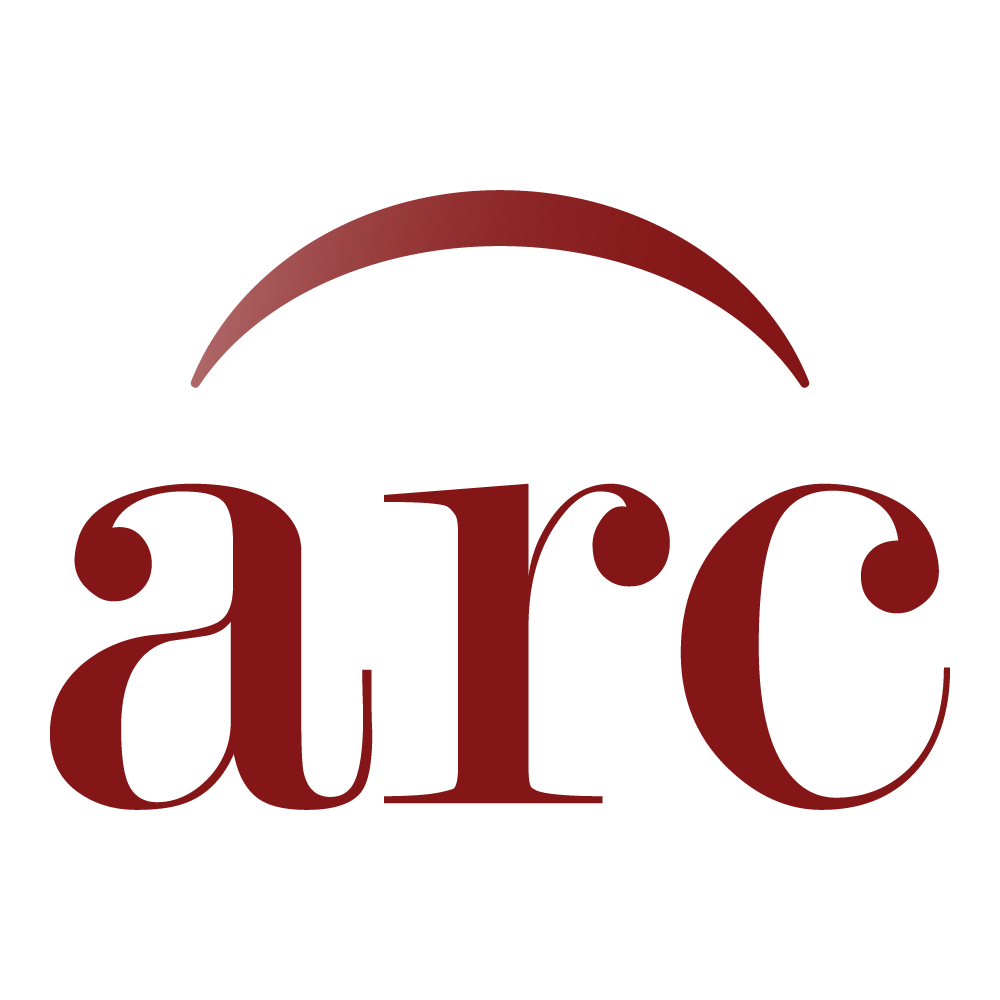Harlow, Bryce Nathaniel, Former Counselor to the President of the United States (1969-1970), 1916-1987
Person
Biographical:
A native Oklahoman, Bryce N. Harlow was born in 1916. Following graduation from the University of Oklahoma in 1938, he went to Washington, D.C., where he served on Capitol Hill as assistant librarian of the U.S. House of Representatives and as a congressional staff member. From 1941-1946, he was an Army officer on the staff of General George C. Marshall. Following World War II, he returned to Capitol Hill and was a member of the professional staff of the House Committee on Armed Services from 1947-1951. In 1952, he went back to Oklahoma and became the vice president of the Harlow Publishing Company. His stay in Oklahoma was short-lived as he returned to Washington in 1953 and joined the White House staff. From 1953-1960, he served President Dwight D. Eisenhower in a variety of positions, including administrative assistant to the president, special assistant to the president, and deputy assistant to the president for congressional affairs. In 1961, Harlow established Procter & Gamble's first office in Washington, D.C. For the next seventeen years, he represented the company in the nation's capital. When he retired in 1978, he was called the "unofficial dean of Washington corporate representatives." During this time, he also took leaves of absence to work with President Richard M. Nixon from 1968-1971 and again from 1973-1974. A senior advisor to Nixon, Harlow ultimately had the title of counselor to the president with cabinet rank. The recipient of numerous accolades, Harlow was inducted into the Oklahoma Hall of Fame in 1977. In 1981, President Ronald Reagan awarded him the Medal of Freedom-the nation's highest civilian award. Harlow died in 1987.
Found in 1 Collection or Record:
Bryce N. Harlow Collection
Collection
Identifier: CAC-PP-064
Scope and Contents
The Bryce N. Harlow Collection is a small collection of speeches. The speeches are often accompanied by correspondence, programs, agenda, itineraries, and other miscellaneous material associated with the scheduling of the speech. In a few instances, the actual speech for an event is unavailable, and is such indicated on the inventory. As one peruses the titles of the speeches, it is evident that many are quite similar. Indeed, Harlow occasionally gave the same basic speech but tailored it to...
